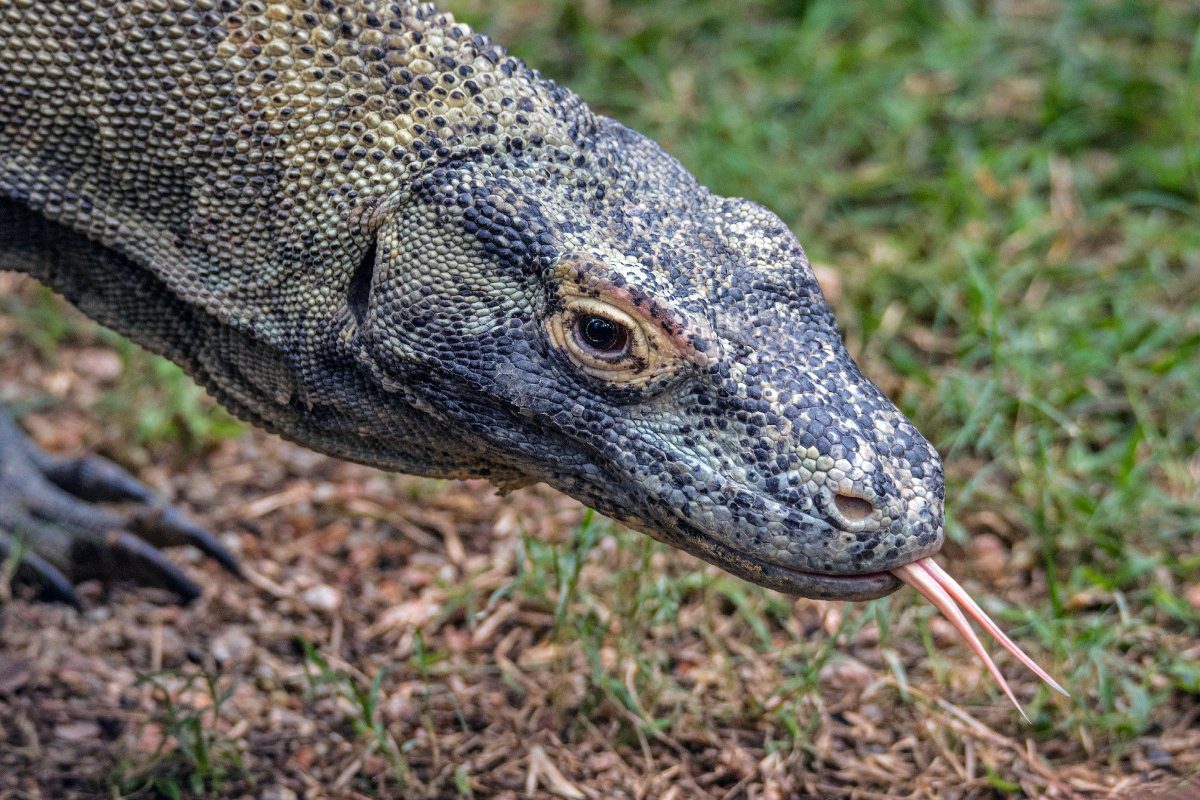Skift Take
Indonesia is taking a more locals-first and sustainable approach to tourism. Implementing that approach will be sabotaged if the government doesn't absorb input from local industry stakeholders.
The Indonesian government is putting off until next year the exorbitant hike in the admission fee for the country’s famed Komodo National Park after a strike by local tour operators who see it as a crushing blow to their livelihoods. The situation showcases a conflict between conservation efforts, overtourism mitigation, local tourism industry stakeholders and community development.
The government intends to raise the park’s entry fee from $10.05 (150,000 rupiah) to $252 (3.75 million rupiah) — a 25 times increase. The entry fee will help preserve the habitat of the Komodo dragon, which is listed as endangered by the International Union Conservation of Nature Red List due to the habitat loss caused by humans and climate change.
The original price hike date was set for August 1 but was postponed to January 1, 2023 after hundreds of tour operators from over 20 tour operator associations started a month-long strike that garnered international media attention.
Raising the entry fee of popular tourist attractions is the latest step taken by the Indonesian government as it moves away from mass tourism. A greater emphasis is being placed on attracting fewer high spending tourists, the kind that will stay longer and help sustainably grow local towns and villages while preserving ecosystems. Sustainable tourism is the goal.
“The Indonesian government is shifting from a quantity-based tourism into a quality-based tourism,” Shana Fatina, the president director of the tourism authority board for Labuan Bajo, a small harbor town on Flores in the Nusa Tenggara region. The town is the gateway for visitors heading to the Komodo National Park.
Under this more locals-first approach, the government has put a higher priority on supporting residents of towns like Labuan Bajo to actively participate in their tourism economy and take advantage of its “entrepreneurship” opportunities, according to Fatin.
“At the moment, most of them are farmers and fishermen,” Fatin said. “We have to connect between the primary and tertiary needs. The tourism sector can drive their motivation and prosperity.” The government has invested in upskilling programs for locals to take on jobs in hotels, villas and pinsi boats.
Higher spending travelers present a huge opportunity. “A higher tax won’t put off high-value travelers intent on visiting,” said Responsible Travel CEO Justin Francis. “Demand for nature-based holidays is rising and those who can are willing to pay premium rates for more exclusive experiences.”
All the massive price hike will do is eat away at the livelihood of existing local tour operators, travel agents and guides, according to Intrepid Travel general manager of Indonesia Ravindra Singh. Tourists will just go to cheaper destinations to save money, especially as more competing destinations open up international travel. “It’s about the people living on the island and are reliant on tourism,” said Singh. “It will be a real hit to their livelihood if tourists do something else.”
Visitor numbers to the Komodo Dragon National Park were on an upward trajectory before the pandemic. The total number of tourists jumped from under 100,000 in 2014 to 200,000 tourists in 2019.
High tourist numbers have put pressure on the small town of Labuan Bajo. “A risk to the local town is overtourism caused by the popularity of the dragon. The number of local residents [5,700 people] is very small,” Fatina said. “People are coming all over the world and staying here. We just don’t want this to be a burden on people and the local community.”
The Komodo National Park Office forecasts total visitors will reach 300,000 in 2030 and 480,000 in 2045—the recommended max is 292,000 visitors. The price hike should limit it to 200,000 per year, preserving the long term sustainability of local ecosystems.
“In Labuan Bajo, we have to protect the environment and the ecosystem habitat of the Komodo dragons and also the beautiful marine ecosystem that is one of the kind in the world,” Fatina said.
Tourism industry stakeholders are on board with the intentions, but not with a price strike that high, especially one set without their voice in the matter. “As far as I’ve been told, it wasn’t discussed with local stakeholders before the prices were introduced,” said Intrepid’s Singh. “Otherwise they never would have agreed if it was discussed with them.” The government only listened when the tour operator strike won international media attention, Singh remarked.
Leo Embo, a tour guide who belonged to one of 24 local workers’ associations that went on strike over the ticket prices, told ABC in Australia: “We decided to go on strike, even when we’re suffering from a loss here … this might as well be suicide.”
One of the conditions for the postponement was for there to be dialogue between tourism stakeholders, the tourism ministry and local authorities about the hike and how to move forward.
Tourism workers will strike again if their voice on the price hike is not adequately heard, Intrepid’s Singh expects. “They will do it again, “said he. “The protests will be there in January again.”
The Daily Newsletter
Our daily coverage of the global travel industry. Written by editors and analysts from across Skift’s brands.
Have a confidential tip for Skift? Get in touch
Tags: climate change, conservation, indonesia, parks, sustainability, tourism
Photo credit: Komodo dragon David Clode / Unsplash

